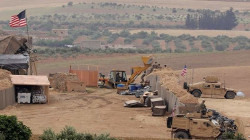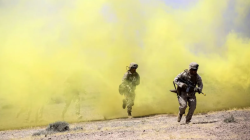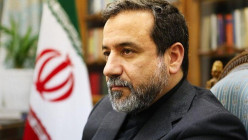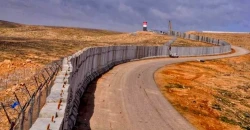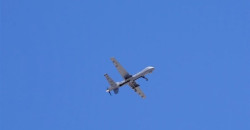Iraq’s National Security Council discusses border security strategy
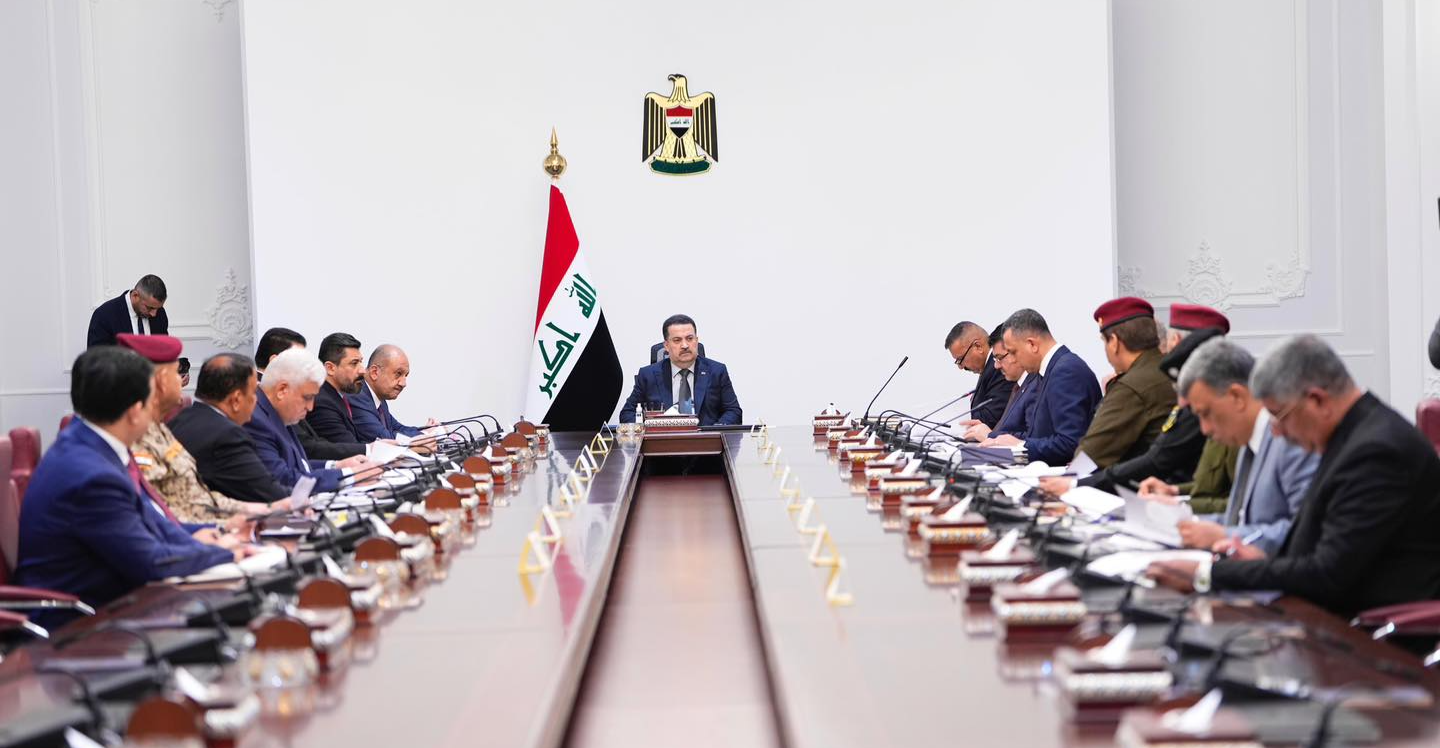
Shafaq News/ On Wednesday, Iraq’s Ministerial Council for National Security convened to enhance border security and review the National Border Management Strategy.
Government spokesperson Sabah Al-Numan stated in a press release that the meeting, chaired by Prime Minister and Commander-in-Chief of the Armed Forces, Mohammed Shia Al-Sudani, assessed Iraq’s overall security situation and key agenda items, leading to decisions aimed at reinforcing security measures.
Border Security, Economic Balance
The council emphasized the need to enhance border control measures by ensuring continued logistical and technical support while refining the border management strategy. The initiative seeks to strengthen Iraq’s land and maritime borders while also facilitating travel, trade, and investment to support economic growth.
According to the statement, Iraq is working to align its border security policies with international treaties, aiming to strike a balance between security enforcement and economic cooperation.
Addressing Extremism, Ramadan Security
Beyond border security, the council also addressed domestic threats, focusing on counter-extremism efforts and rehabilitation programs in the psychological, social, and ideological domains. Officials emphasized the role of specialized institutions in this process.
Additionally, the council reviewed Ramadan security plans, stressing the need to ensure a stable and secure environment for citizens during the holy month.
Iraq’s Concerns Over Regional Escalations
The meeting also addressed broader regional security concerns, particularly Israel’s recent military operations in southern Syria. Recent airstrikes on military sites south of Damascus, coupled with ground maneuvers in Daraa and Quneitra, have raised alarms in Baghdad.
Analysts suggest Israel is applying direct security pressure to curb Iranian influence and sever supply routes linking Iraq to Lebanon via Syria, with assessments indicating that Israel may be exploiting Syria’s internal divisions to establish new military positions, extending toward Rukban camp near the Syria-Iraq-Jordan border triangle.
Security sources warn that Israeli military actions could result in its first direct border presence with Iraq, potentially undermining Iran-aligned factions operating along the Euphrates region.
Previously, An Iraqi government official told Shafaq News that Baghdad views Israel’s movements in Syria with deep concern, considering any Israeli expansion a direct threat to Iraq’s national security amid the ongoing regional conflict between Israel and Iran.
Iraqi analysts argue that Israel’s expanding military presence in southern Syria carries serious security and political ramifications for Iraq, necessitating a "careful reassessment of its long-term impact."
